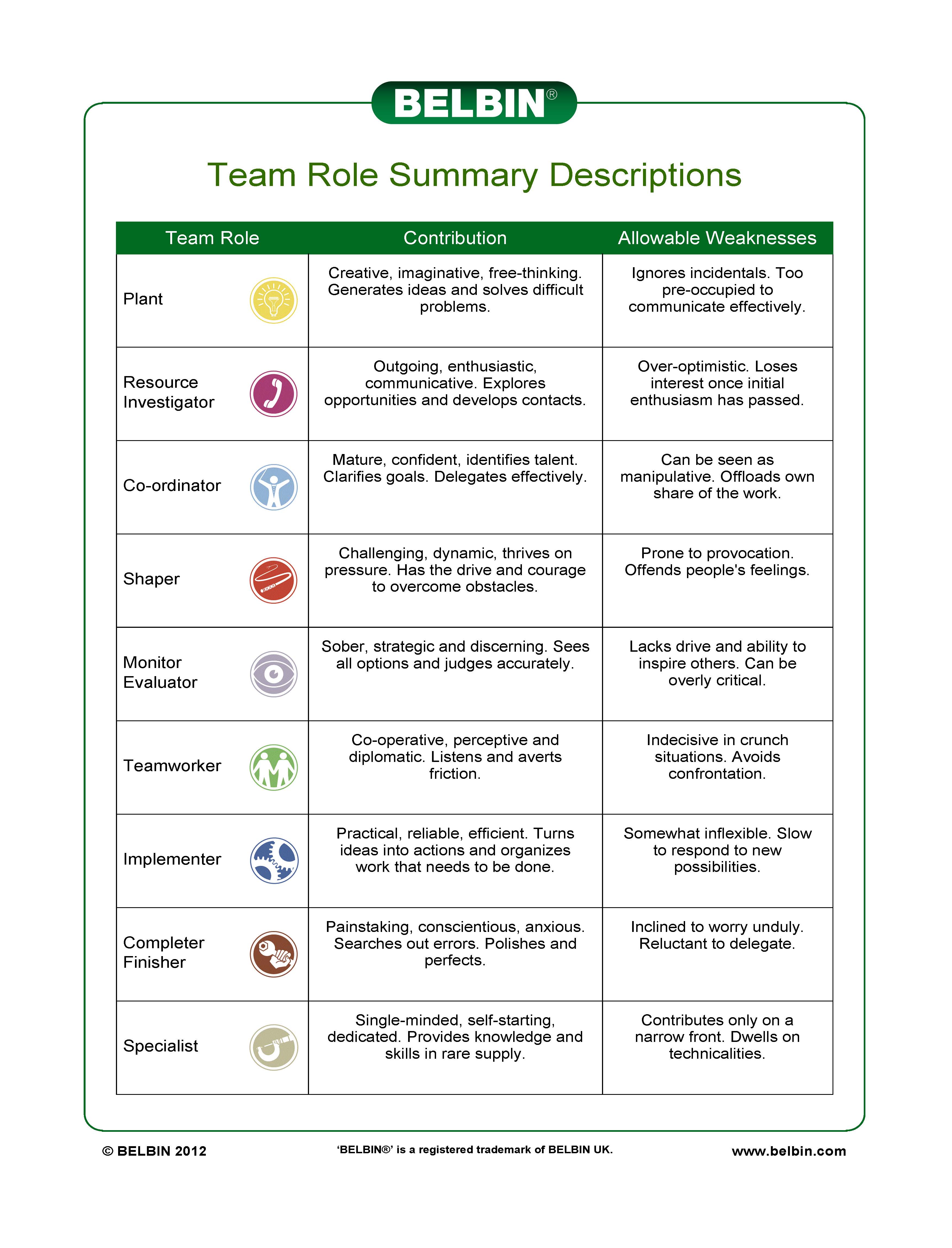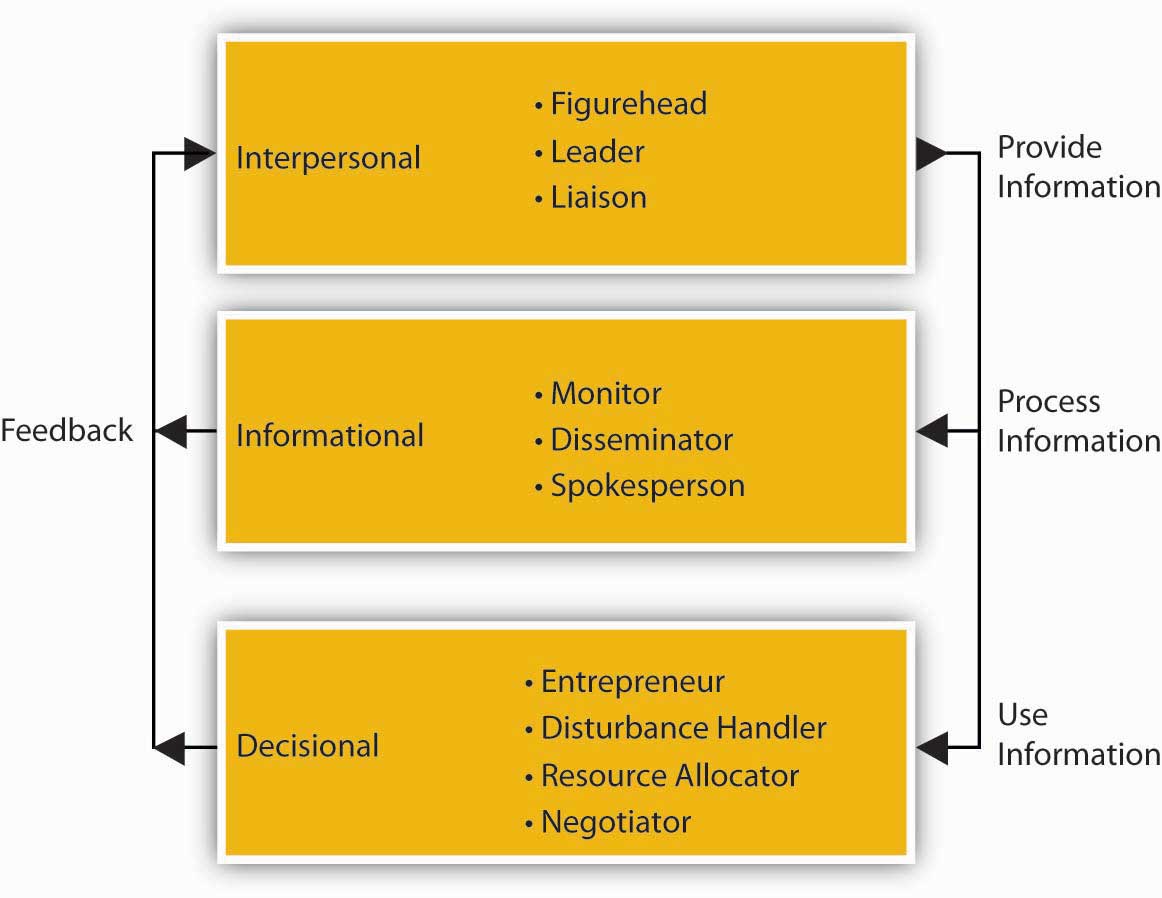Unbeknownst to us this started with a seemingly playful activity called The Marshmallow Challenge.
It was later revealed that this ties in to Team Role Inventories ; it was devised by Meredith Belbin to measure preference for nine Team Roles.

To me this was insightful as a tool to gauge one's affinity to each of the nine roles and strategise team dynamics. Team dynamics are the unconscious, psychological forces that influence the direction of a team’s behaviour and performance. They are like undercurrents in the sea, which can carry boats in a different direction to the one they intend to sail.
Team dynamics are created by the nature of the team’s work, the personalities within the team, their working relationships with other people, and the environment in which the team works.
Team dynamics can be good - for example, when they improve overall team performance and/or get the best out of individual team members. They can also be bad - for example, when they cause unproductive conflict, demotivation, and prevent the team from achieving its goals. Awareness to our expected contributions and allowable weaknesses allows us to plan accordingly for efficient group work.
Next, we had a look at managing in organisations. First we have to understand the meanings of management. I found this abstract by Colin Hales to be quite comprehensive :
"When human beings 'manage' their work, they take responsibility for its purpose, progress and outcome by exercising the quintessentially human capacity to stand back from experience and to regard it prospectively, in terms of what will happen; reflectively in terms of what is happening; and retrospectively in terms of what has happened. Thus management is an expression of human agency, the capacity actively to shape and direct the world, rather than simply react to it."

Ten management roles - Henry Mintzberg
To conclude the week my study group prepared a presentation on an organisation; in our case, the South Korean multinational conglomerate company, Samsung Group - analysing its management setting. As group leader I implemented all the ideas on efficient management and together we successfully procured a Prezi (an ingenious piece of presentation software in my honest opinion).
